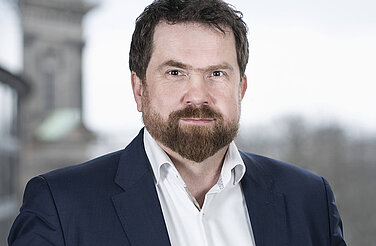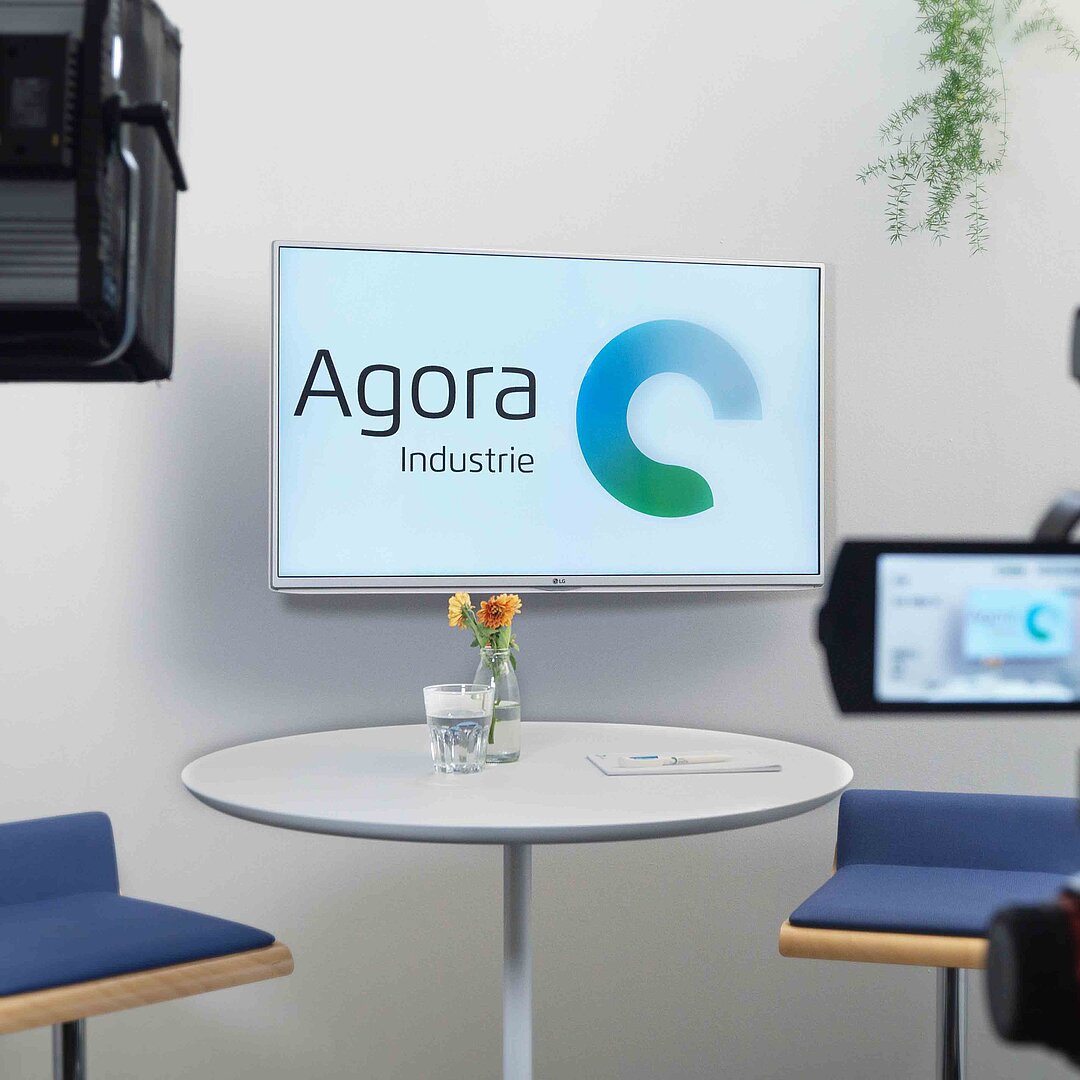-
Resilience is increasingly discussed as a key success factor for the industry’s transition.
Strengthening the circular economy offers significant potential for resilient, climate-neutral industrial sectors. Material efficiency and recycling enable new business models, reduce dependence on energy and raw material imports and preserve the value of domestic resources.
-
A circular economy can achieve climate targets faster, at lower costs and with lower energy consumption.
A combination of decarbonised primary production and circular economy measures in the energy-intensive value chains of steel, cement and plastics can reduce cumulative GHG emissions in Germany by 25 percent, cut transformation costs by 45 percent and reduce energy consumption by 20 percent by 2045.
-
With the right policy mix, the National Circular Economy Strategy in Germany can create a market for circular economy technologies and products.
Promoting technologies for resource efficiency and cooperation along key value chains and introducing standards for recyclable product design can incentivise investments in circular technologies and products. Standards for the embodied carbon in products, green public procurement and the removal of regulatory barriers are needed to create lead markets.
-
In the transformation to climate neutrality, resource efficiency should be significantly improved alongside energy efficiency.
Besides supporting the achievement of climate targets, this will help conserve resources and boost competitiveness. The Federal Government should therefore set specific targets for reducing resource consumption and increasing resource productivity and the circularity rate in key value chains and material flows in Germany.
Circular economy and net-zero industry
Potentials for energy-intensive value chains in Germany

Preface
The basic materials sectors are beginning their transformation to climate neutrality now that the reform of the European Emissions Trading System has set out an ambitious path for reducing greenhouse gas emissions. In just a few years, these energy-intensive sectors must make the necessary investments in climate-neutral energy supply and production processes. Speed and scale are required.
The bottlenecks that emerged during the coronavirus pandemic, the energy crisis and price shocks following the Russian invasion of Ukraine and a tense geopolitical situation have emphasised the importance of resilient supply chains and import dependencies. A new consensus has emerged that industry must not only decarbonise quickly, but also become more resilient in its transformation. Greater resource efficiency not only increases resilience and reduces import dependencies – it also entails significant potential for emissions reductions across the economy.
Our study shows that circularity is a key decarbonisation strategy: energy-intensive industries and value chains can effectively reduce their embodied emissions through recycling, material efficiency and substitution, as well as longer product use. With 3D printing, high-tech recycling and innovative product design, the circular economy offers potential for new business models and technological leadership. We propose a political framework to enable this transformation towards greener, more resilient energy-intensive value chains.
Key findings
Bibliographical data
Downloads
-
pdf 1 MB
Circular economy and net-zero industry
Potentials for energy-intensive value chains in Germany





